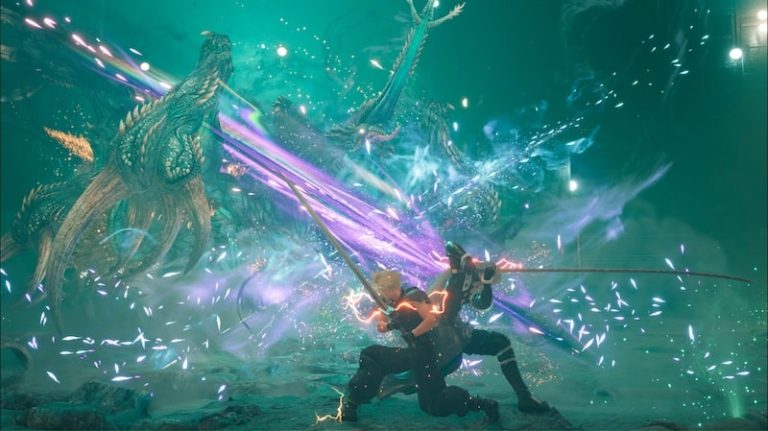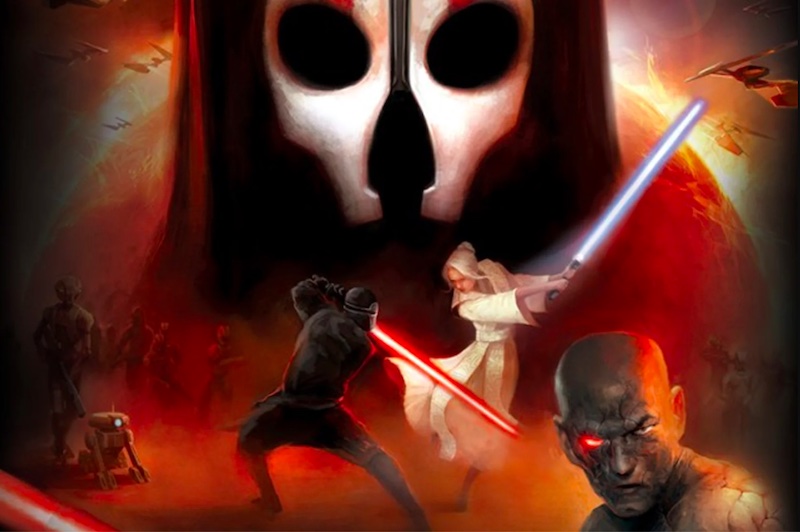Power and Play: The Politics of the PlayStation World

The Machinery of Pleasure
The PlayStation world sells emotion as if it were oxygen. Every button pressed feels like freedom, yet that freedom is carefully choreographed. Players wander through immense digital landscapes, unaware that each pixel follows the logic of profit. The console is both playground and prison. It teaches obedience through immersion. It rewards repetition, not reflection. Pleasure becomes a mechanism of control — a quiet education in how to consume.
Hidden Labor, Silent Hands
Behind the glow of every screen stands a chain of invisible workers. Assembly lines stretch across continents, where precision replaces autonomy and speed replaces dignity. Developers live in cycles of overwork, testing teams disappear under endless crunch hours, and artists are crushed between passion and deadlines. The PlayStation’s brilliance rests on this shadowed infrastructure. Each copy sold is an echo of fatigue, each game trailer a monument built on exhaustion.
Escapism and Obedience
Escape sells well. The PlayStation universe builds entire worlds designed to make players forget the one they inhabit. Here, revolution happens safely — inside scripted missions. Justice becomes an achievement, rebellion a downloadable skin. Every act of defiance is contained within a consumer loop. The system offers catharsis while protecting itself. Players learn to resist only in simulation, never in life. That’s the genius of digital capitalism: rebellion becomes entertainment.
Architecture of Control
Online connectivity seems liberating, but every connection is mapped. Every friendship, transaction, and trophy becomes data. The algorithm knows before the player does. Servers regulate access, ownership, and even memory. The modern console is no longer an object — it’s a surveillance device. PlayStation’s world, like all corporate empires, thrives on enclosure: closing the commons, capturing time, selling fragments of attention. It’s not a game; it’s governance disguised as leisure.
The Market of Progress
Progress in this world means consumption. A faster console, a sharper image, a newer controller. Upgrades masquerade as evolution. Yet nothing essential changes — only the price. Players are trained to confuse novelty with improvement, accumulation with satisfaction. The endless pursuit of the “next gen” hides the repetition of exploitation. The dream of progress has become the ritual of purchase.
Power in the Controller
Control lies in the hands, but not where we think. The controller, symbol of mastery, is itself an instrument of discipline. It translates desire into code, freedom into patterns. The more we play, the more predictable we become. Corporations study these movements, shaping products around the rhythm of our impulses. And like 22Bet in the betting sphere, PlayStation capitalizes on human habit — monetizing attention, selling anticipation, perfecting dependence.
Cracks in the Console
Yet resistance grows, subtle but alive. Independent creators build cooperative studios. Modders rewrite systems from within, transforming games into tools of critique. Hackers expose paywalls and coded hierarchies. In their hands, play becomes protest. Every shared mod, every pirated repair manual, every grassroots festival represents a refusal — small, imperfect, but real. The system fears such imagination because it cannot control it.
Rethinking the Digital Future
Imagine a PlayStation world owned by its players. No ads, no surveillance, no corporate gatekeeping. Games funded collectively, hardware repaired locally, knowledge shared freely. It sounds utopian only because capitalism has trained us to dismiss cooperation as fantasy. But it’s already happening — in community servers, in open-source projects, in unions forming inside tech. Freedom doesn’t arrive through innovation. It grows through disobedience.
Conclusion: Beyond the Screen
The PlayStation world mirrors the contradictions of our era — desire and domination, creativity and control. Every console generation promises escape but delivers enclosure. The real challenge is not technological but political: who controls the power to play? If the answer remains “the corporations,” then play becomes another word for submission. But if players, workers, and creators seize that power together, then even within pixels and code, liberation might begin. The revolution will not be streamed — it will be played differently.




